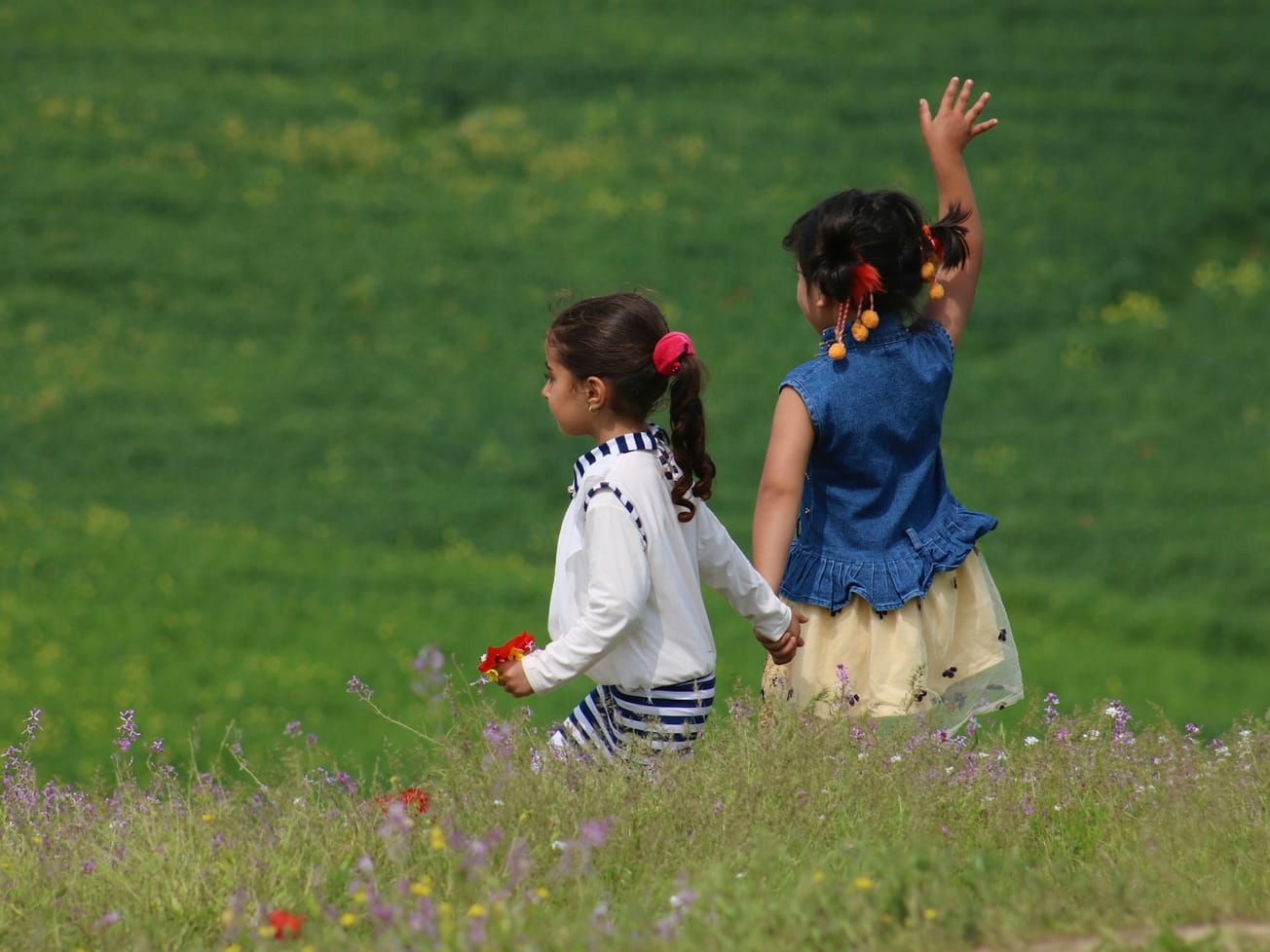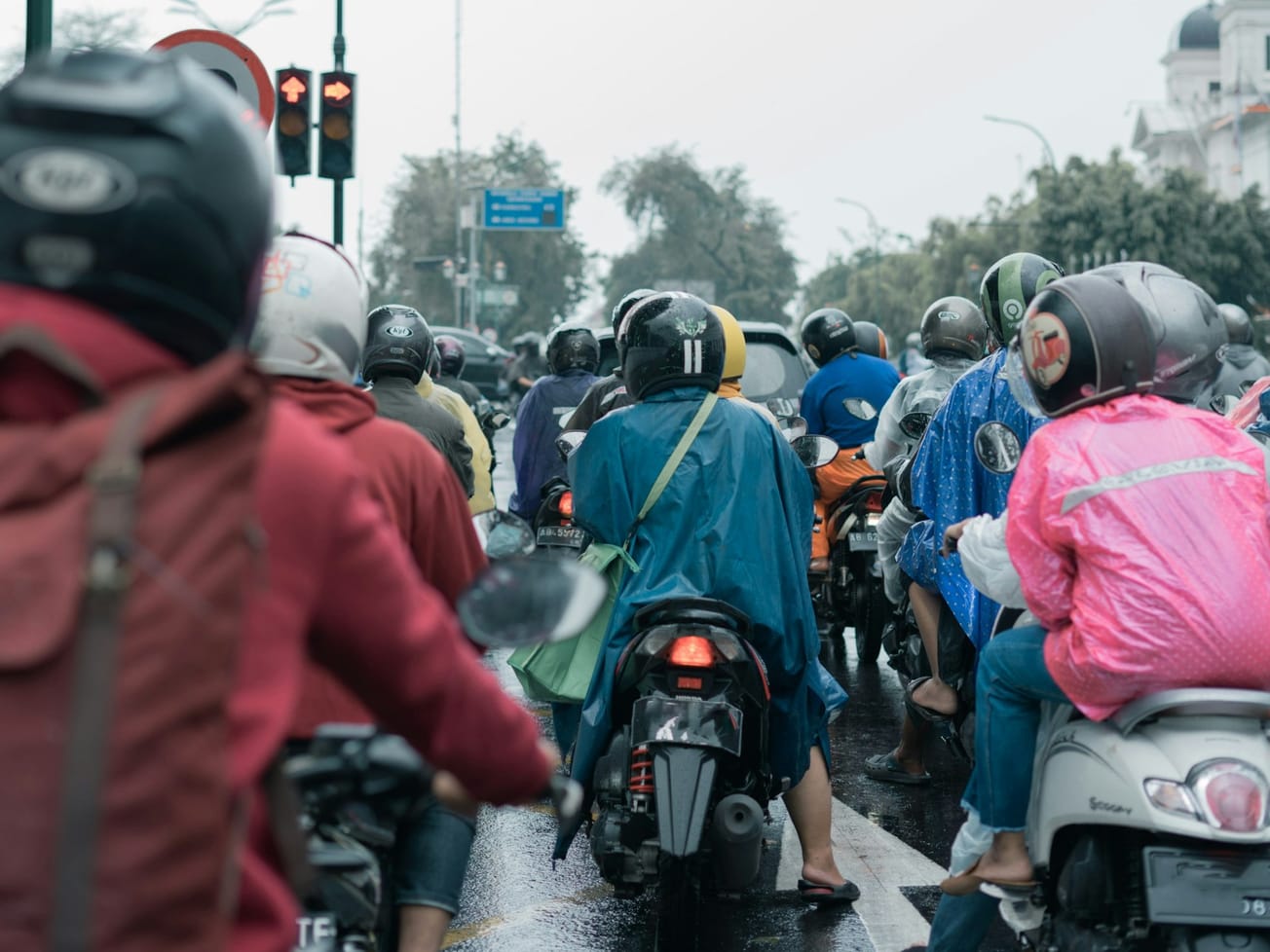A U.N. fund for children's education protested Afghan girls' inability to go to school on the Taliban's second anniversary of its takeover of Afghanisan.
Education Cannot Wait, the United Nations' global fund for education in emergencies and lengthy crises, said on Tuesday that Afghan girls are the "furthest behind" in efforts to erase poverty and reduce inequality.









